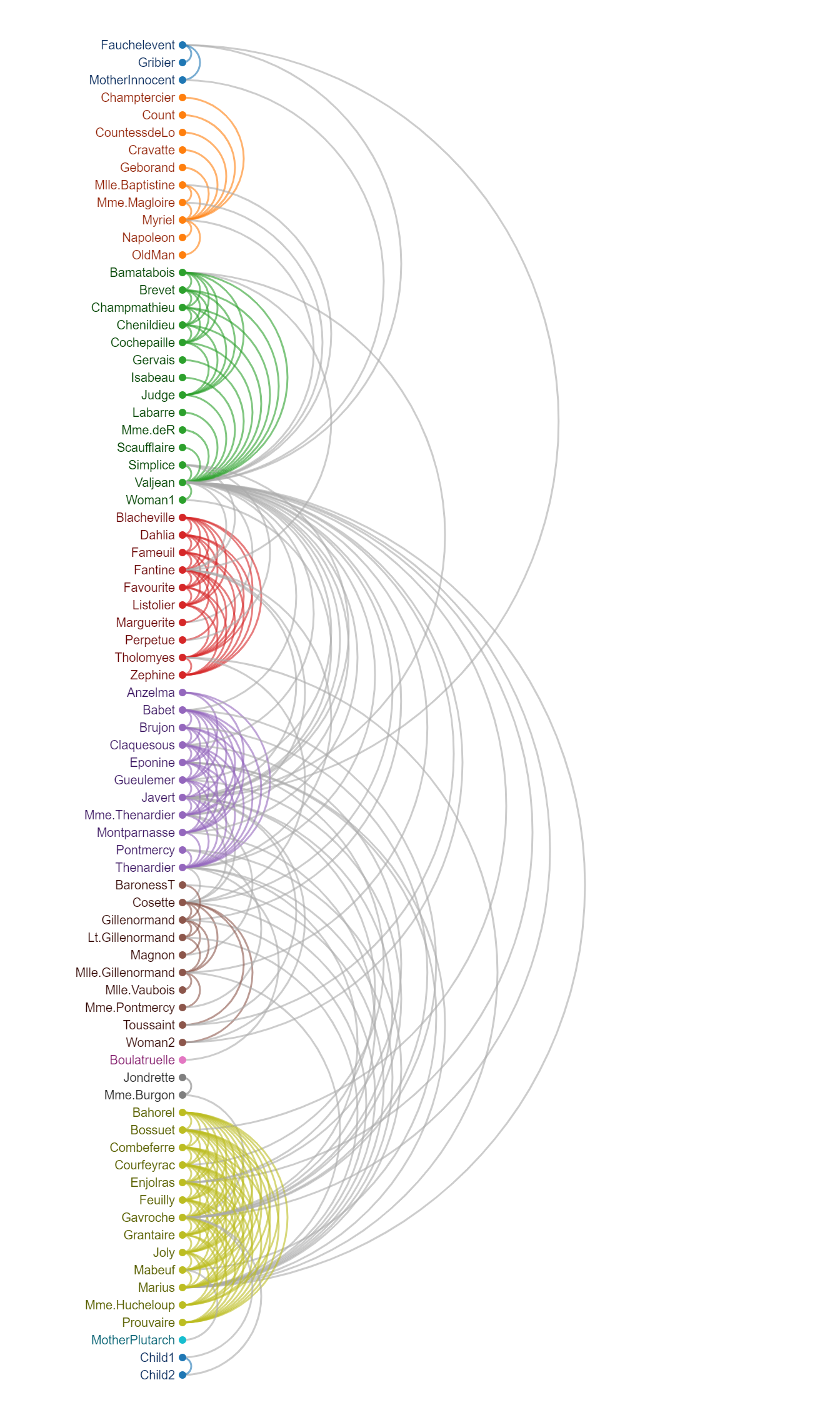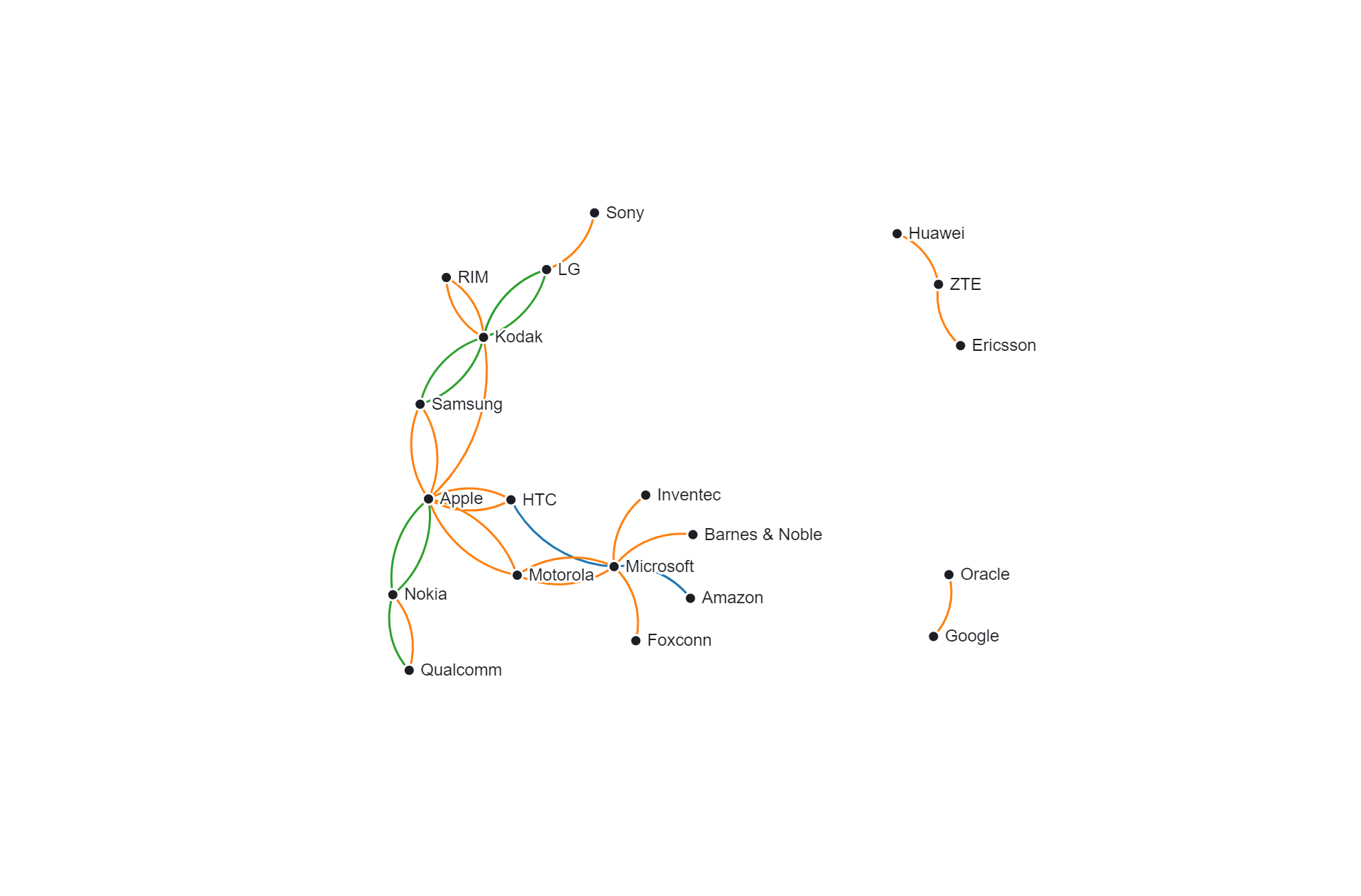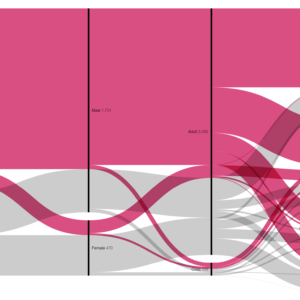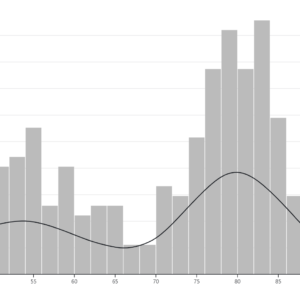Description
Mobile patent suits refer to legal disputes or lawsuits between companies in the mobile technology industry regarding patents related to mobile devices, software, or technologies. These suits typically involve allegations of patent infringement, where one company accuses another of using its patented technology without permission or proper licensing. Mobile patent suits can result in court battles, injunctions, settlements, or licensing agreements. They are a common occurrence in the highly competitive mobile industry, where companies seek to protect their intellectual property rights and gain a competitive advantage.
Purpose :
The purposes of mobile patent suits include:
- Protecting Intellectual Property: Companies file patent suits to protect their intellectual property rights and prevent others from using their patented inventions without authorization. This helps companies safeguard their innovations and maintain a competitive edge in the market.
- Enforcing Licensing Agreements: Patent suits are sometimes filed to enforce licensing agreements, ensuring that other companies adhere to the terms and conditions for using patented technology. This allows patent holders to generate revenue from licensing their technology to others.
- Defending Against Allegations: Companies may initiate patent suits to defend themselves against allegations of patent infringement brought by other parties. This allows them to challenge the validity or scope of the patents asserted against them and protect their ability to operate in the market.
- Market Positioning and Competition: Mobile patent suits can be used as strategic tools for market positioning and competitive advantage. By asserting their patents or challenging those of competitors, companies seek to establish dominance in key technology areas or disrupt the market positions of rivals.
- Financial Gain: Patent suits can lead to financial gain through various outcomes, such as settlements, damages awards, or licensing agreements. Successful enforcement of patents can result in monetary compensation for past infringement and ongoing royalties from licensing agreements.
- Setting Precedents: Mobile patent suits can set legal precedents that clarify the scope of patent rights, the standards for infringement, or the validity of certain patents. These precedents can influence future patent litigation and provide guidance to companies operating in the mobile technology industry.
- Deterrence and Protection: By litigating patent infringement cases, companies aim to deter others from infringing on their patents in the future. This helps maintain the integrity of their patent portfolios and discourages competitors from engaging in activities that may lead to further disputes.
Overall, mobile patent suits serve multiple purposes, ranging from protecting intellectual property and enforcing licensing agreements to gaining competitive advantage and setting legal precedents in the mobile technology industry.
Uses :
The uses of mobile patent suits include:
- Protecting Intellectual Property (IP): Companies use patent suits to protect their intellectual property rights related to mobile technologies, such as hardware, software, and design elements. By asserting their patents, companies can prevent others from using their inventions without authorization.
- Enforcing Licensing Agreements: Patent suits can be used to enforce licensing agreements. When a company believes that another party is using its patented technology without a proper license, it may file a patent suit to compel the infringing party to comply with the terms of the licensing agreement.
- Revenue Generation: Patent suits can serve as a revenue-generating strategy. Companies with substantial patent portfolios may initiate litigation against infringers to seek damages or negotiate licensing agreements that result in royalty payments.
- Market Competition: Mobile patent suits can be used strategically to gain a competitive advantage in the market. By asserting patents against competitors or challenging the validity of their patents, companies may seek to limit their rivals’ ability to operate or innovate in certain areas of mobile technology.
- Defensive Purposes: Companies may file patent suits defensively to protect themselves against allegations of infringement from competitors or patent assertion entities (PAEs). This proactive approach can help safeguard a company’s ability to continue its operations without interruption.
- Innovation Incentive: The threat of patent litigation can incentivize companies to invest in research and development to create new and innovative mobile technologies. Knowing that they can protect their inventions through patents and potentially enforce them through litigation, companies may be more willing to invest in innovation.
- Setting Legal Precedents: Mobile patent suits can establish legal precedents that clarify the interpretation and enforcement of patent law in the mobile technology industry. These precedents can guide future litigation and influence how patents are asserted, licensed, and enforced.
- Deterrence: Patent litigation can serve as a deterrent against potential infringers, discouraging them from using patented technology without authorization. The risk of facing costly litigation and potential damages can compel companies to respect the intellectual property rights of others.
Overall, mobile patent suits are a multifaceted tool used by companies to protect their IP, enforce licensing agreements, generate revenue, gain a competitive edge, and foster innovation in the mobile technology industry.
Only logged in customers who have purchased this product may leave a review.
Related products
-
- Sale!
Q-Q Plot
-
$ 15Original price was: $ 15.$ 10Current price is: $ 10. - Add to cart
-
- Sale!
Parallel Sets
-
$ 15Original price was: $ 15.$ 10Current price is: $ 10. - Add to cart
-
- Sale!
Kernal Density Estimation
-
$ 15Original price was: $ 15.$ 10Current price is: $ 10. - Add to cart






Reviews
There are no reviews yet.